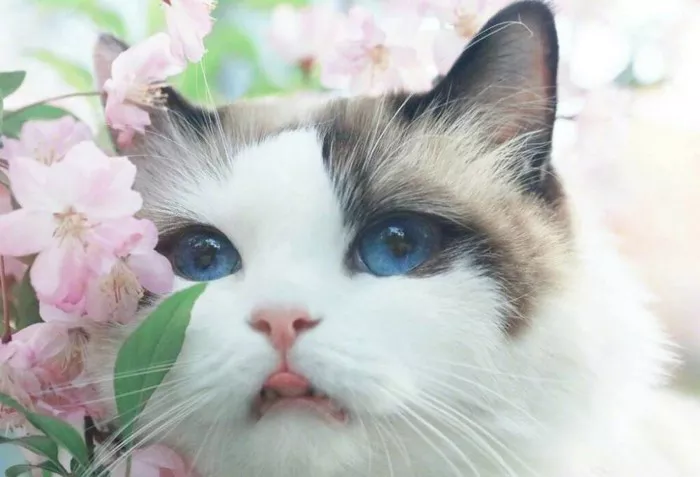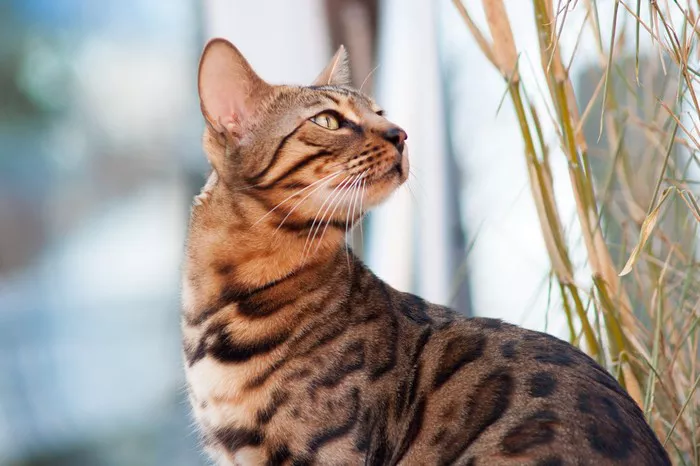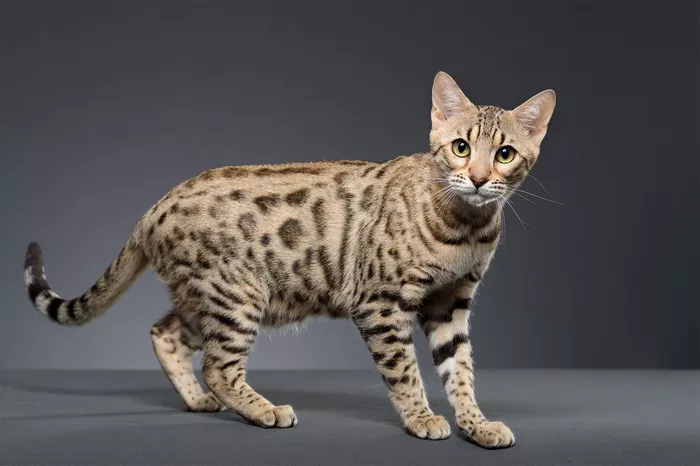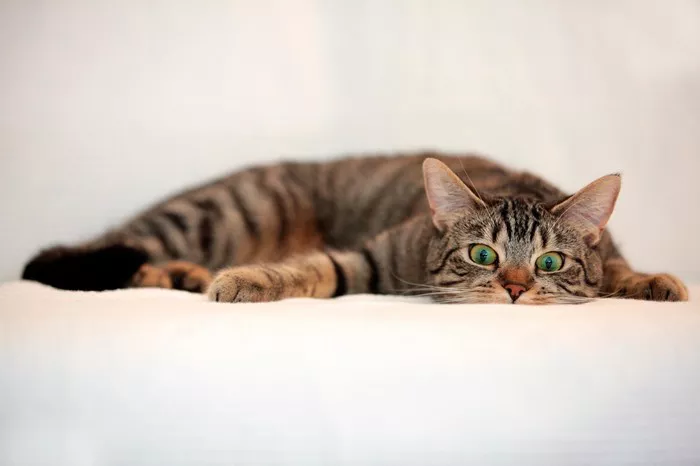Introduction:
Bengal cats, with their wild and exotic appearance, have gained immense popularity as domestic pets in recent years. However, along with their striking beauty, a misconception has emerged that Bengal cats are inherently aggressive. In this article, we aim to dispel the myth surrounding the aggression stereotype associated with Bengal cats, providing a balanced perspective on their temperament, debunking common misconceptions, and shedding light on the factors that influence feline behavior.
Understanding Bengal Cat Temperament:
Bengal cats are a unique breed resulting from the crossing of domestic cats with the Asian leopard cat (a small wild feline). While they retain some physical characteristics and patterns reminiscent of their wild ancestors, their behavior is predominantly influenced by their domestic lineage. Bengal cats are typically known for their intelligence, curiosity, and high energy levels. They often possess an affectionate and playful nature, forming strong bonds with their human companions.
Debunking the Aggression Stereotype:
Individual Personality: Like any cat breed, Bengal cats have individual personalities that can vary greatly. While some Bengal cats may display more assertive or independent behaviors compared to other breeds, it is incorrect to label the entire breed as inherently aggressive. Factors such as socialization, early experiences, and the environment in which they are raised play significant roles in shaping a cat’s behavior.
Socialization and Training: Early socialization and positive reinforcement training are crucial in shaping a Bengal cat‘s behavior. Providing them with enriching experiences, exposure to different people, animals, and environments helps ensure they grow up to be well-adjusted and sociable companions.
Energy Outlet: Bengal cats are known for their high energy levels, intelligence, and curiosity. They require mental and physical stimulation to prevent boredom, which can manifest as destructive behavior. Providing them with interactive toys, scratching posts, and engaging playtime sessions helps channel their energy in a positive and non-aggressive manner.
Proper Environment: Bengal cats thrive in an environment that allows them to explore and engage in their natural behaviors. Providing vertical spaces, perches, and interactive toys can help satisfy their instinctual needs and prevent frustration that might lead to aggression.
Communication and Boundaries: Like any cat, Bengal cats use various forms of communication to express their needs and emotions. Understanding their body language and respecting their boundaries helps foster a harmonious relationship based on trust and mutual understanding.
Responsible Ownership and Behavior Management:
To ensure a well-adjusted Bengal cat and prevent any potential behavioral issues, responsible ownership practices are essential:
Spaying/Neutering: Having your Bengal cat spayed or neutered can help reduce hormonal behaviors and aggression associated with intact cats.
Consult with Professionals: If you notice any concerning behavioral patterns, seeking guidance from a veterinarian or professional animal behaviorist can provide valuable insights and assistance in addressing and managing any potential issues.
Environmental Enrichment: Creating a stimulating and enriching environment that caters to a Bengal cat’s need for mental and physical stimulation is essential. Providing scratching posts, puzzle toys, and interactive playtime sessions can help channel their energy in a positive way.
Conclusion:
Contrary to the aggression stereotype associated with Bengal cats, these captivating felines are not inherently aggressive. Like any cat breed, their behavior is shaped by various factors such as genetics, socialization, training, and the environment they are raised in. Responsible ownership practices, early socialization, proper training, and meeting their physical and mental needs contribute to a well-balanced and content Bengal cat. By understanding their unique temperament and providing them with a nurturing environment, Bengal cats can thrive as loving and affectionate companions.



























